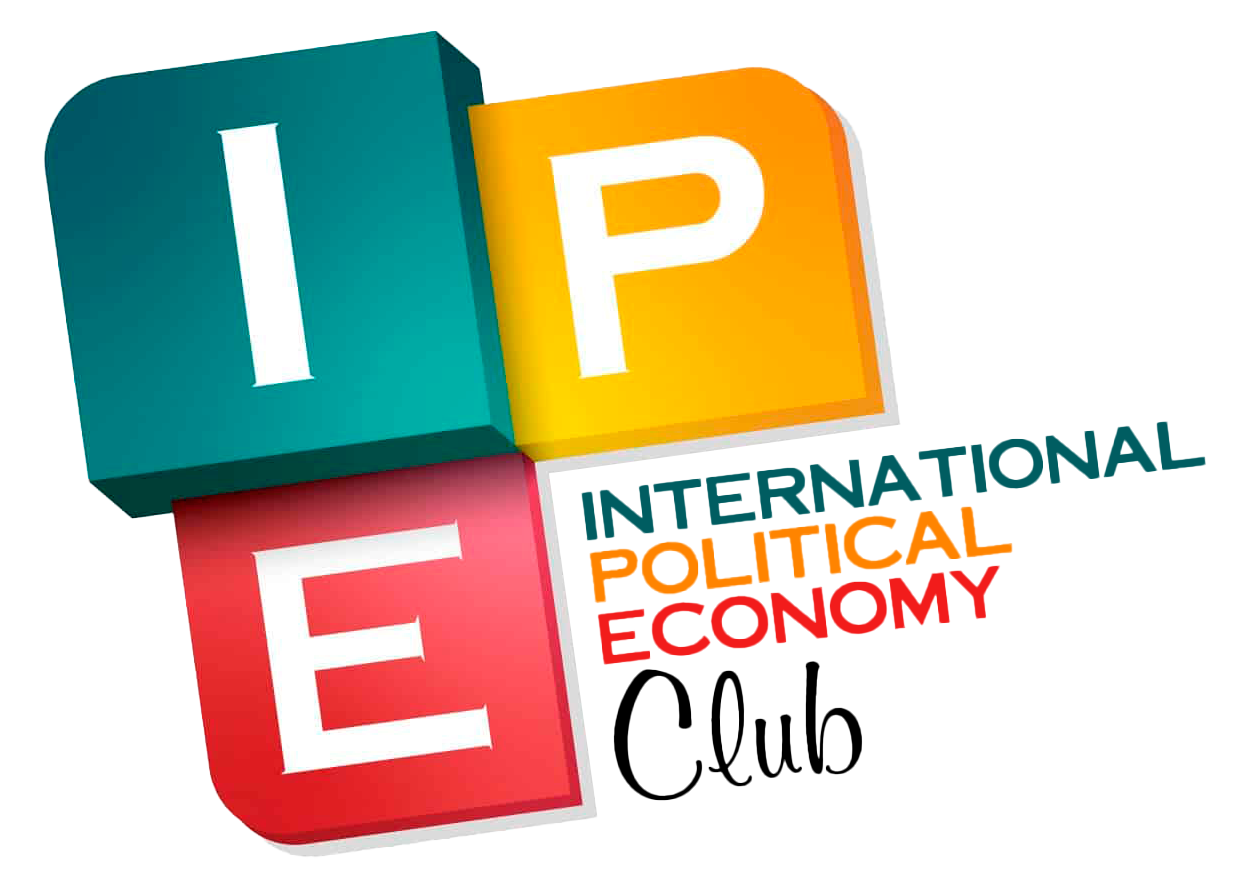It was futile to expect major results from the Biarritz summit. For the past 10 years at the least, the G7 has been looking for a new basis for unity to complement the member states’ common desire to continue to play the leading role in the world. However, the international environment is becoming ever more complicated and competitive, which is why all countries, including allies, have started upholding their national interests firmly and even harshly. On the other hand, it would be premature to say that the G7 unity has been disrupted and the club has fallen apart. According to British traditions, club members can be divided over many issues yet they treasure the opportunity to exchange opinions.
As for Trump’s excessive behavior, it is more likely the result rather than the cause of the problems that have accumulated in the West, contrary to what the media keep saying. Donald Trump thinks that his activities can stop the transitioning of power from the West to the East. The trouble is that he is not trying to mobilize the collective efforts of the Western bloc; his actions are only intended to uphold America’s narrow national interests. In this sense, he stands apart from the other G7 members.
However, the role of the G7 started waning long before Trump. The growing polycentrism of the world has increased the significance to such groups as the G20, if only because it unites the world’s largest economies. If we assume that the West can only preserve its leadership through the concerted efforts of the leading powers, the blame is on Trump. But if we are witnessing the objective revival of realism in international affairs, when the national interests of each country constitute the basis for decision making, Trump is the first Western leader to correctly formulate the problem and to start looking for a solution.

